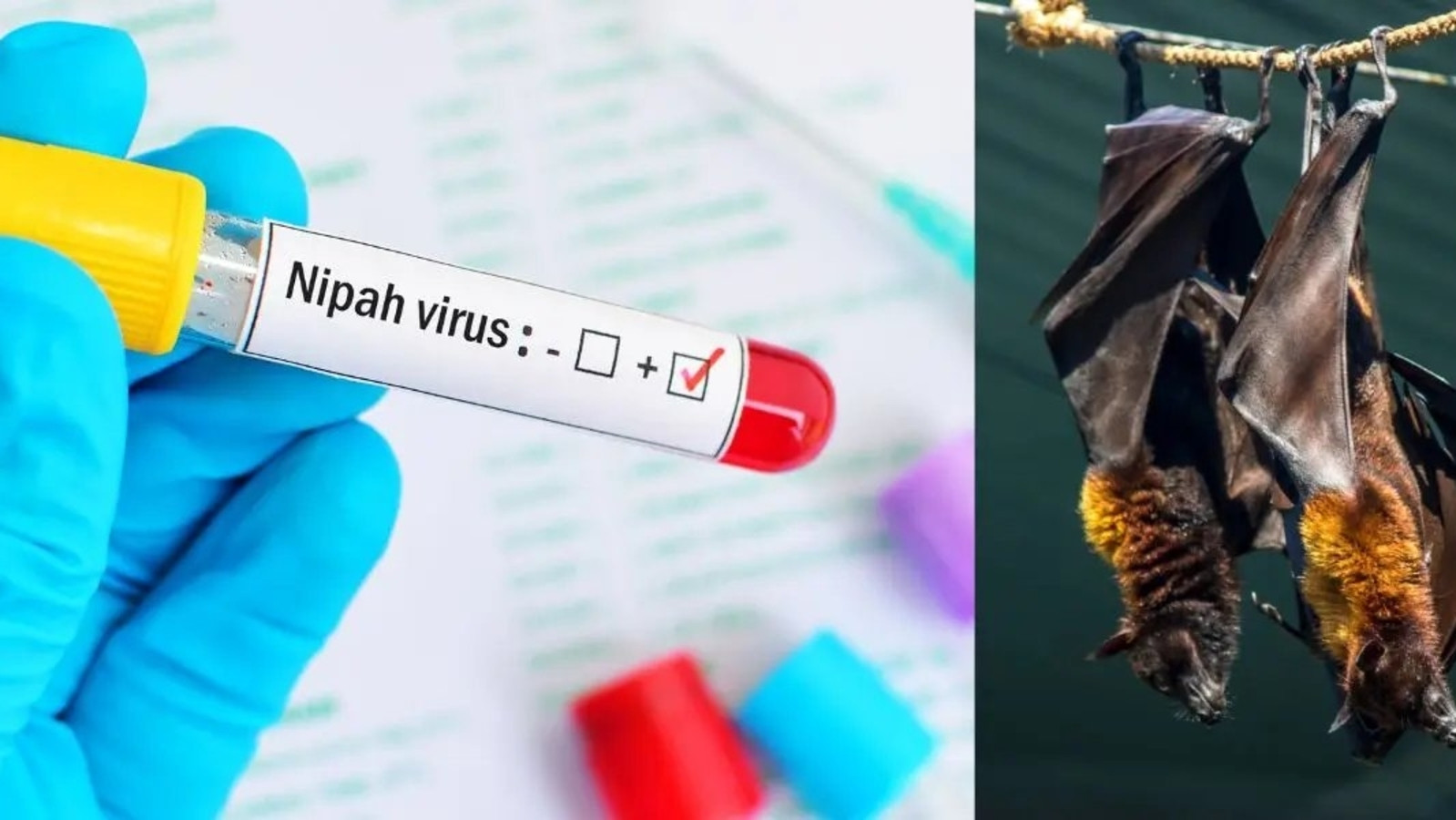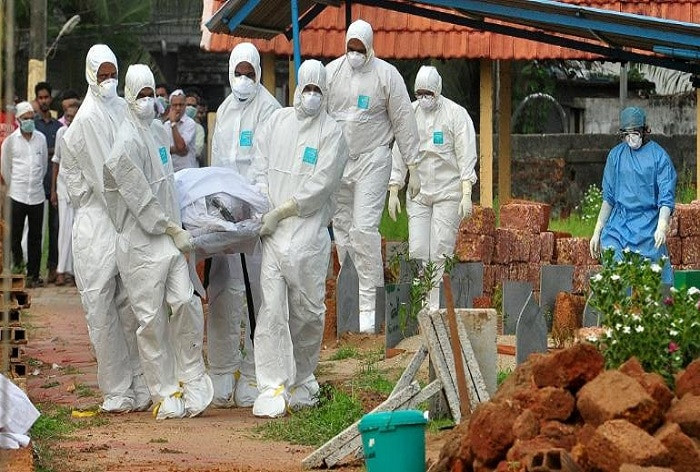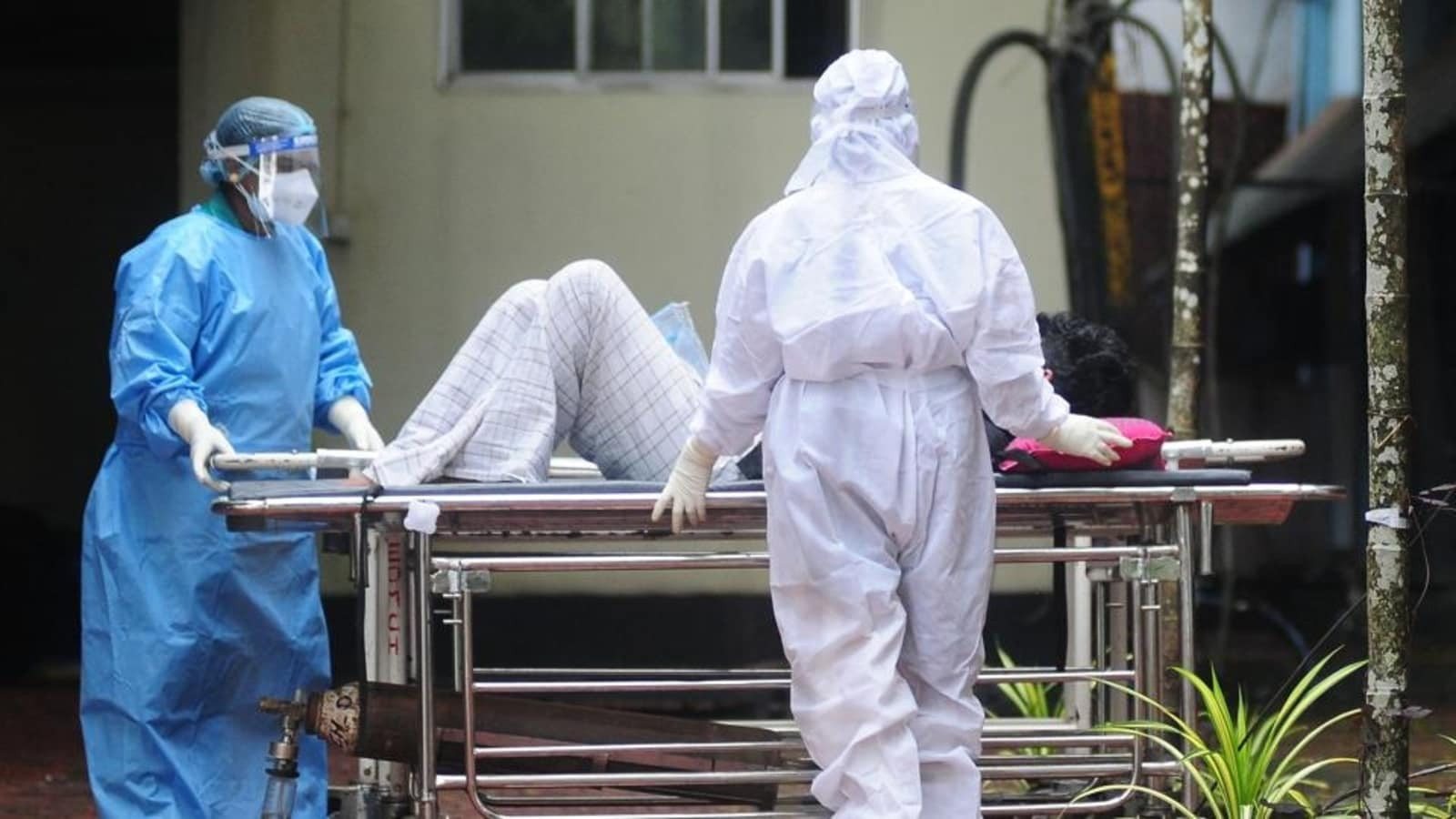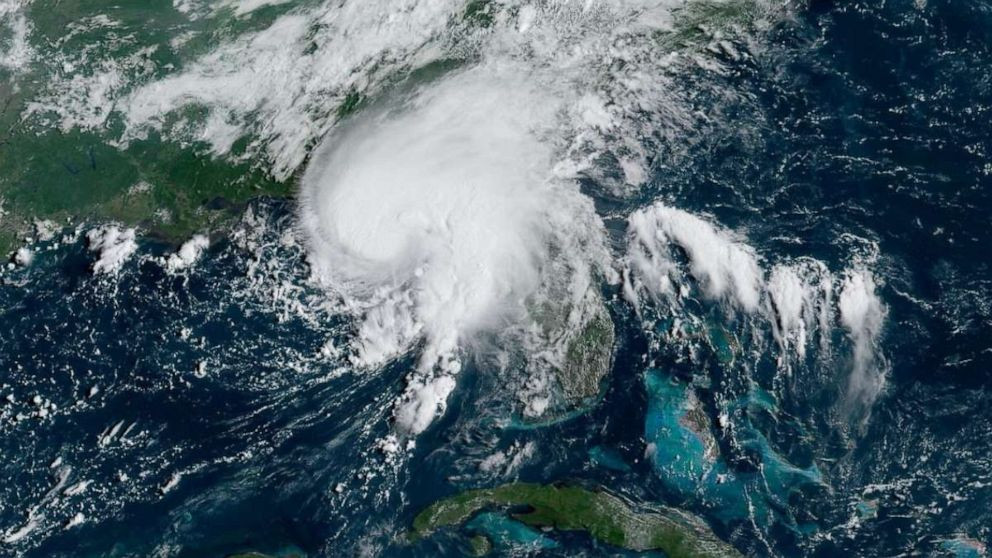A 24-year-old student has died from the Nipah virus in the southern Indian state of Kerala, a local medical official said on Monday, and 151 people who came into contact with the victim are under observation to prevent the spread of the deadly virus. This is the second death caused by Nipah in Kerala since July. Nipah is classified as a priority pathogen by the World Health Organization (WHO) because of its potential to trigger an epidemic. There is no vaccine to prevent infection and no treatment to cure it. Parts of Kerala are among those most at risk globally for outbreaks of the virus, a Reuters investigation showed last year. Nipah, which comes from fruit bats and animals such as pigs, can cause a lethal, brain-swelling fever in humans. The recent confirmation of Nipah infection in Kerala has once again put the state on high alert. The National Virology Institute in Pune confirmed the infection as the cause of death of a 24-year-old man in Malappuram district, marking the resurgence of the deadly zoonotic disease. The development has triggered swift containment efforts by the health department as they race to prevent another outbreak. Authorities have designated five civic wards in the area as containment zones and made face masks mandatory. Educational institutions, along with cinema theatres, have been closed. However, shops are permitted to operate from 10 am to 7 pm. Residents have also been advised to avoid social gatherings. The student starting showing fever symptoms on Sept. 4 and died five days later, said R. Renuka, a district medical officer in the town of Malappuram, located in northern Kerala. The testing of a blood sample from the victim sent to the National Institute of Virology in Pune confirmed a Nipah infection on Sept. 9, Renuka said. Five other people who have developed primary symptoms of a Nipah infection have had blood samples drawn and they were sent for tests, she said, without saying if they were primary contacts of the dead person. Nearly 151 people are being monitored for any symptoms after they were found to be on the primary contact list of the victim, who had come from Bengaluru, she said. This is the second death from a Nipah infection in Malappuram this year after a 14-year-old boy succumbed in July. Nipah has been linked to the deaths of dozens of people in Kerala since its first appearance in the state in 2018. India’s first case of Nipah was reported in Kozhikode in May 2018. Since then, Kerala has witnessed 22 fatalities attributed to the virus. In 2019, a patient in Ernakulam district recovered after treatment, but a 13-year-old boy from Choloor near Kozhikode succumbed to the infection in 2021. More recently, two out of five cases in Kozhikode ended in death in 2023. On July 20 this year, a ninth-grade student died from Nipah in Pandikad, Malappuram. The latest fatality was a 24-year-old MSc psychology student who had returned to his home in Malappuram from Bengaluru on August 23. After experiencing difficulty walking, he sought treatment but developed a fever on September 5. Over the next few days, the student visited multiple hospitals in search of relief. He was finally admitted to a private hospital in Perinthalmanna, where he passed away on September 9. He was buried the following day. It wasn’t until September 15 that authorities confirmed the presence of Nipah virus after samples were analysed at Kozhikode Medical College and Pune’s Virology Institute. Health officials, already on high alert, have ramped up efforts to trace and test individuals who had contact with the deceased. According to Kerala Health Minister Veena George, around 175 people who had been in contact with the victim are being treated at Manjeri Government Medical College Hospital for suspected Nipah symptoms. The health department has released the victim’s travel history, detailing his movements and interactions leading up to his death, in hopes of identifying potential sources of transmission. In line with the state’s Nipah protocol, 16 committees have been established under the district administration to manage the situation. Field surveys within a 3-kilometre radius of the deceased’s home are underway, with 66 teams deployed to monitor the area. While initial suspicions point to the consumption of Averrhoa bilimbi, a fruit known locally as Irumpanpuli, which may have been contaminated by bats, experts remain cautious about attributing the outbreak solely to bats. Despite the ongoing destruction of bat colonies in the state, health authorities have not confirmed a definitive link between bats and the Nipah virus in Kerala. Previous tests have cast doubt on the theory that bats are the primary carriers in this region, leading some public health experts to speculate that a different variant of the virus may be at play. This variant may not be directly linked to bats, as is the case in outbreaks in northeastern India and Bangladesh. One of the challenges in containing Nipah outbreaks is the absence of advanced virology testing facilities within the state. Although the Kozhikode Medical College began constructing a Bio Safety Level-3 (BSL-3) laboratory after the 2018 outbreak, progress has been slow. The project, originally sanctioned in 2019, was delayed due to the COVID-19 pandemic and is now expected to be completed by the end of this year. Currently, Kerala relies on the National Institute of Virology in Pune for final confirmation of viral diseases, causing delays in diagnosing and managing infections. The completion of the BSL-3 lab in Kozhikode is critical, as it would allow for faster and more accurate testing of samples, enabling health authorities to act swiftly in response to outbreaks. A similar facility is also under construction in Alappuzha. These labs, once operational, will strengthen the state’s capacity to detect and manage zoonotic diseases, including Nipah, monkey fever and West Nile fever. Experts have also pointed to environmental factors that may be contributing to the recurrence of zoonotic diseases in Kerala. The state’s dense forest cover, coupled with climate change and increased human-animal interaction, makes it a hotspot for diseases that jump from animals to humans. “Nipah virus circulated naturally in fruit bats and climate change could contribute to the spread of certain viruses,” Rajeev Jayadevan, chairman of the state IMA research cell, stated. A Althaf, a public health expert from Thiruvananthapuram, noted that all Nipah victims in Kerala so far have been young males between 12 and 25 years of age — active and adventurous individuals, which may put them at higher risk of exposure. As Kerala battles yet another Nipah scare, health professionals are calling for improved public health infrastructure and greater awareness of zoonotic diseases. Dr Dipu TS, an infectious diseases expert, emphasised the need for better planning and preparedness, especially in high-risk regions. There are concerns that environmental degradation, particularly in regions like Kozhikode and Malappuram, may also be exacerbating the problem. “Mangroves, urban forests and other environments conducive to bat populations — are present throughout Kerala. Thus, the risk of Nipah outbreaks could extend beyond the current hotspots,” stated an animal pathologist who researched bats in Kozhikode. The Nipah virus scare has returned to Kerala in the season of Onam, temple festivals and marriages, claiming the life of a 24-year-old student from Malappuram district on September 9. Confirmation that he had been infected by the virus came on September 16 with the report of his swab test. The student had returned home from Bengaluru in late-August for treatment of a leg injury. He visited four hospitals for treatment of his condition, until a private hospital raised suspicion with the state health department about his Nipah-like symptoms. After his death, the department sent his swabs for testing in Kozhikode, which confirmed Nipah. The results were reconfirmed by the National Institute of Virology Pune. “We are now taking the mandatory precautions. We have tracked down 175 people in the contact list [of the deceased]. Among them, 74 are health workers. We have categorised 104 of these contacts as high-risk. Among them, 10 have been quarantined and samples of 13 sent for testing,” health minister Veena George told INDIA TODAY. According to her, 16 of the student’s college mates who attended the burial services have also been advised to go into isolation. The district administration has declared five wards of Mampad panchayat, where the student lived, as a containment zone and begun household surveys. The health department has made wearing of masks mandatory in the district and imposed restrictions on social gatherings. “The situation is under control. No fresh cases have been reported from the locality. We are keeping vigil on the ground and asking people to mask up,” said M. Rajagopalan, a local CPI(M) leader from Thiruvali in Malappuram. This is the sixth time since 2018 that Kerala has reported a Nipah virus case. The infection has claimed 17 lives in Kozhikode district since May 2018. Kozhikode and Malappuram districts have borne the maximum brunt over the years. In June 2019, a 23-year-old student was diagnosed with Nipah in Ernakulam while the virus claimed the life of a 12-year-old boy in Kozhikode in September 2021. There were two outbreaks in Kozhikode in 2023, with six cases and two deaths reported. Nipah is a zoonotic disease transmitted to humans through infected animals or contaminated food. The symptoms include fever, headache, cough, sore throat, difficulty in breathing and vomiting. In severe cases, disorientation, drowsiness, seizures and encephalitis can occur, progressing to coma and eventual death. “Early detection, surveillance and firm infection control measures help minimise the infection rate of Nipah. However, the need is for a deep research into the frequent outbreaks in Kozhikode and Malappuram during August-September,” Dr Althaf Ali, an epidemiologist with the community medicine department of Trivandrum Medical College, told INDIA TODAY. A senior official in the health department underscored the need for better control mechanisms and early detection methodologies. “Unfortunately, most patients visiting private hospitals seldom get that privilege, and the health department is notified only after the death of the patient,” said the official. Regarding the September 9 death in Malappuram, the official said: “The case was flagged late to the health department by the hospital where he died. Before that, he had visited other private hospitals for treatment of various ailments. An early diagnosis could have saved him.” In response to the death of a Bengaluru student from Nipah virus in Kerala, the Karnataka health department has increased its surveillance efforts. The 24-year-old postgraduate student from Thiruvali panchayat, Malappuram, was studying psychology at an institute in Soladevanahalli, Bengaluru. He died on September 8 after developing Acute Respiratory Distress Syndrome (ARDS) and Acute Encephalitis Syndrome (AES). Health officials have confirmed that 32 students and staff who attended the student’s funeral have been identified, with three having visited him during hospitalization. Contact tracing is ongoing, with two primary contacts in Bengaluru currently asymptomatic. Health teams are continuously monitoring both primary and secondary contacts. Health Minister Dinesh Gundu Rao assured that while the situation is being closely monitored, there is no immediate cause for panic. No new cases have been reported in the state, and no symptoms have been observed among those who attended the funeral.
Kwame Osei
Reporter
Dedicated reporter bringing you the latest updates.



















